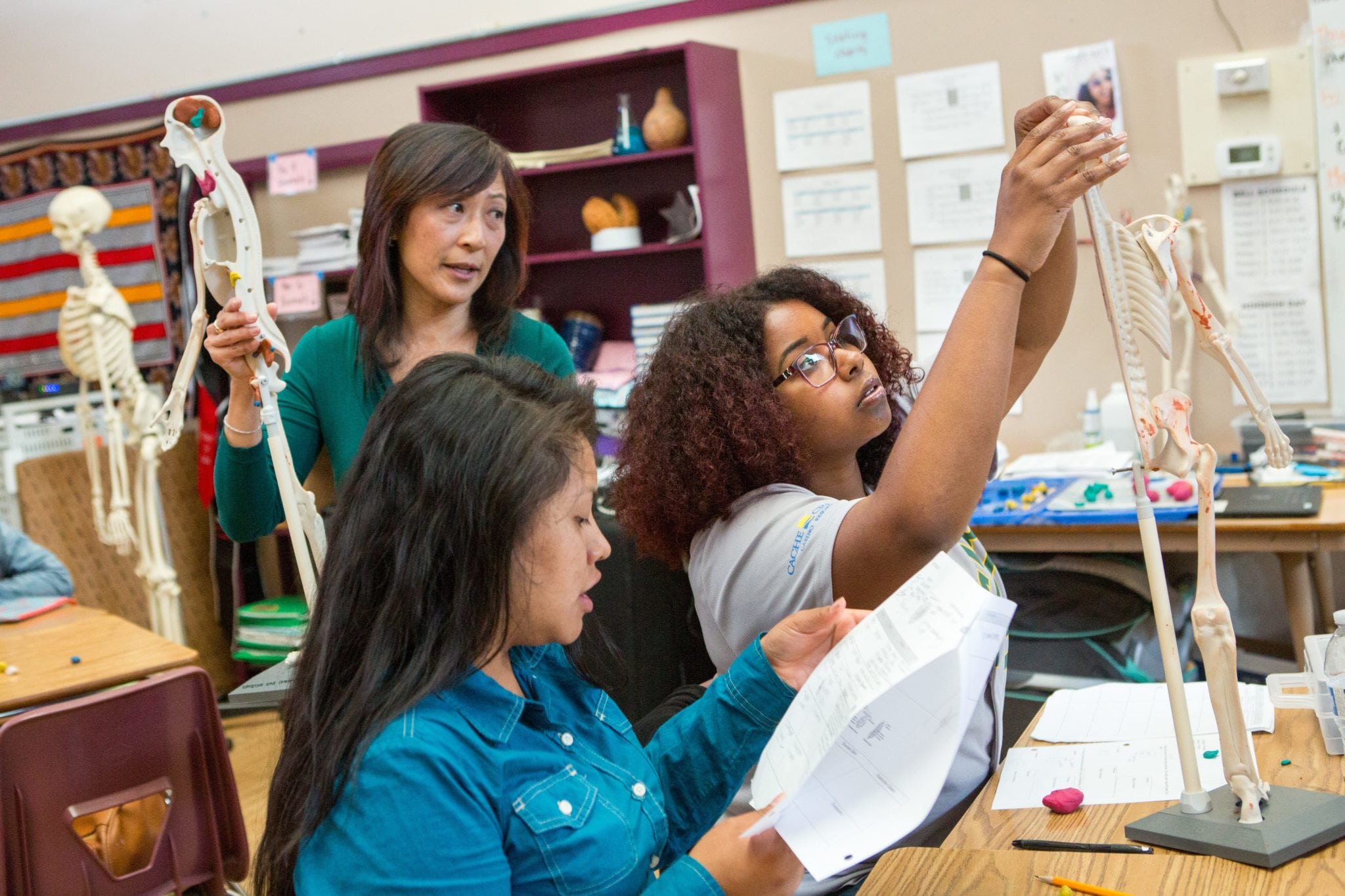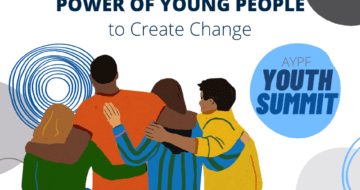AYPF has expertise in a wide range of education, youth, and workforce policy topics. Undergirding all of these topics is our commitment to ensuring that traditionally underserved youth have access to equitable supports and services and that they achieve equitable outcomes. We believe that positive youth development must be foundational in all policies, programs, services, or strategies impacting or affecting youth. To gain a more comprehensive view of our focus areas, click on the following topics:

Youth need a wide range of knowledge, skills, competencies, and behaviors (academic, employability, social, and emotional) to be successful. While schools are one setting to develop these skills, youth learn many of these skills in non-school settings such as afterschool and summer learning programs.

Making the transition from middle school to high school to postsecondary education to a career is difficult for most students, but especially for traditionally underserved youth who lack support, guidance, counseling, financing, and opportunities to explore and learn about possible futures. The K-12 and postsecondary education systems, working with employers, must align their efforts to create smoother, transparent pathways, to accelerate learning, to help youth identify their chosen career pathway, and to ensure high standards and expectations for all.

The use of research evidence in policymaking is important for the development of well-designed policies. Researchers, policymakers, and practitioners need to work together to ensure that the research performed is relevant and timely to current policy needs, and can be communicated easily.

Youth learn at different paces and in different ways. Youth should have access to supportive, engaging, and developmentally appropriate learning opportunities, both in and out-of-school, that challenge them to develop a range of knowledge, skills, and abilities as well as build upon their interests and strengths.

Ensuring that all young people achieve education and workforce success requires comprehensive, sustained, and coordinated strategies that address societal inequities.
Photos Courtesy of Allison Shelley/The Verbatim Agency for American Education:
Images of Teachers and Students in Action



